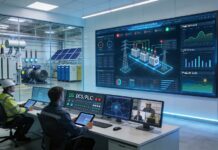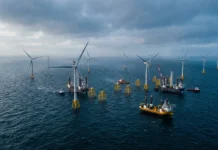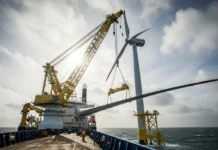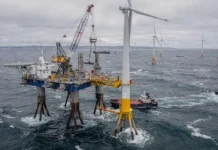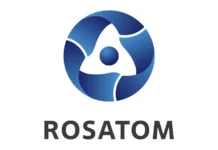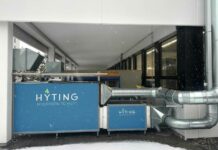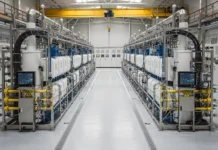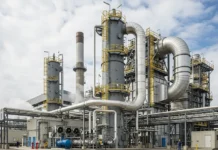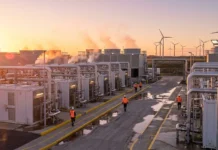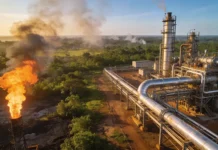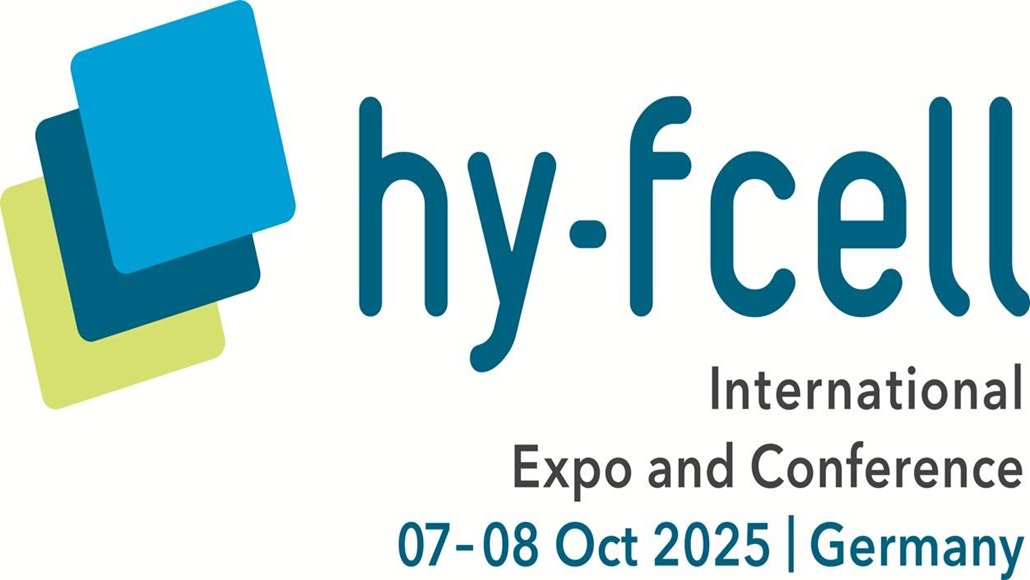Power Info Today in Conversation with Katharina Jathe, Project Manager of hy-fcell 2025

-
How is Europe positioning itself as a global leader in green hydrogen production, and what breakthroughs at hy-fcell 2025 could accelerate this?
Europe is intensifying efforts to establish itself as a global frontrunner in green hydrogen. The REPowerEU plan, strong industry support, and cross-border infrastructure projects are already reshaping the energy landscape. hy-fcell 2025 will act as an accelerator, presenting concrete breakthroughs—from scalable electrolyzer production to next-generation fuel cell systems. With Siemens as our new Hosting Partner, we’re uniting industrial leadership with global networks to push innovation and deployment even faster.
-
Tell us something about the scalable production technologies that will be showcased at hy-fcell 2025 that could as well help Europe meet its REpowerEU targets for 2030?
We are putting industrialization front and center. Exhibitors will showcase end-to-end production solutions—from high-precision components to fully automated final assembly lines for fuel cells and electrolyzers. Companies like CellForm and MAHLE will highlight how scalable and cost-effective technologies can make Europe competitive globally and meet REPowerEU’s target of producing 10 million tons of renewable hydrogen annually by 2030.
-
How would the European manufacturers at hy-fcell 2025 address the cost as well as durability challenges of fuel cells for heavy transport?
Cost and durability are critical, especially in heavy-duty applications. At hy-fcell 2025, solutions from Daimler Truck, cellcentric, and others will demonstrate significant progress: next-gen fuel cell systems designed specifically for long-haul trucking with reduced total cost of ownership (TCO) and benchmark durability. In addition, public-private co-funding models showcased at the event illustrate how policy can support scaling.
-
How does the hy-fcell’s unique exhibition conference hybrid model accelerate real-world adoption as compared to traditional trade fairs?
Our hybrid format blends technology showcases with direct access to expert knowledge—right inside the exhibition hall. The conference is included in the ticket, removing financial and logistical barriers. This creates a space where ideas move from the stage to the stand and into partnership discussions within hours, not months. Our Technical Tours and Matchmaking Program further turn ideas into tangible progress.
-
With over 120 speakers, which high-impact sessions should attendees prioritize in order to understand the hydrogen roadmap in Europe?
Attendees should not miss the Mobility Stage, where speakers from AIRBUS, Bosch, MAHLE, and H2FLY will present cutting-edge solutions for road, rail, and air transport. Equally important are our policy and infrastructure panels, featuring EU-level insights and funding pathways. And with Günther Oettinger—former EU Commissioner—delivering a keynote, there will be unique clarity on Europe’s strategic hydrogen direction.
-
Discuss the success matrix from the past Hy-FCell editions, which prove its role as a catalyst for Europe’s hydrogen economy.
Over the years, hy-fcell has earned its place as a trusted meeting point for the international hydrogen community. The event has consistently brought together key players from industry, research, and policy—and served as a launchpad for new ideas, technologies, and partnerships. While every year brings its own dynamics, the continued engagement from returning exhibitors, high-level speakers, and innovative start-ups underlines the value the event delivers. hy-fcell thrives because it adapts to market realities while staying focused on its mission: enabling meaningful progress in the hydrogen economy.
-
How can an event like hy-fcell 2025 bridge the gap between the EU policy framework and the ground-level implementation?
We bring policymakers and technology developers into the same room—with panels, direct networking, and practical demonstrations. Our Stuttgart location in Baden-Württemberg, one of Europe’s hydrogen innovation hubs, also allows on-site visits to production facilities. This proximity enables deep, informed conversations between regulation and real-world feasibility.
-
How would you rate hy-fcell’s Matchmaking Program? How will it tangibly speed up deals versus other events?
Our Matchmaking Program is highly curated and results-driven. It connects investors, OEMs, start-ups, and policymakers in pre-scheduled 1:1 meetings. Thanks to our international audience and strong exhibitor portfolio, we facilitate hundreds of high-potential connections. We’ve seen concrete outcomes—from MoUs (Memorandums of Understanding) to funding deals—within weeks after the event.
-
How excited are you with the start-up zone, and what more and different can one expect from the 2025 edition?
We’re very excited. The 2025 edition will feature an expanded Start-up Zone with live pitch sessions, investor roundtables, and a dedicated spotlight in the hy-fcell Award. Start-ups like CellForm have shown how early-stage innovations can disrupt the market. Our goal is to give new players maximum visibility and real growth opportunities.
-
How big are the innovations within hydrogen mobility, especially when we talk of roads, rails, and air, and tell us how the exhibition is looking forward to supporting this spectrum?
Hydrogen mobility is one of the most dynamic areas of our event. Whether it’s Daimler Truck’s GenH2 prototype, AIRBUS’s aviation insights, or new rail solutions—every mode of transport is represented. The exhibition supports this spectrum with a strong focus on heavy-duty, long-range applications, infrastructure integration, and cross-sector collaborations.
-
What role would public-private partnerships play when it comes to advancing hydrogen infrastructure, and how is hy-fcell 2025 fostering such collaborations?
Public-private partnerships are essential for scaling infrastructure—especially in a high- Capital Expenditures (CAPEX) field like hydrogen. At hy-fcell 2025, we’re seeing a growing number of public-private-partnerships (PPP) showcases, from funded pilot projects to co-financed refueling networks. By offering a shared platform to both industry leaders and policymakers, we enable these partnerships to form, grow, and scale.







